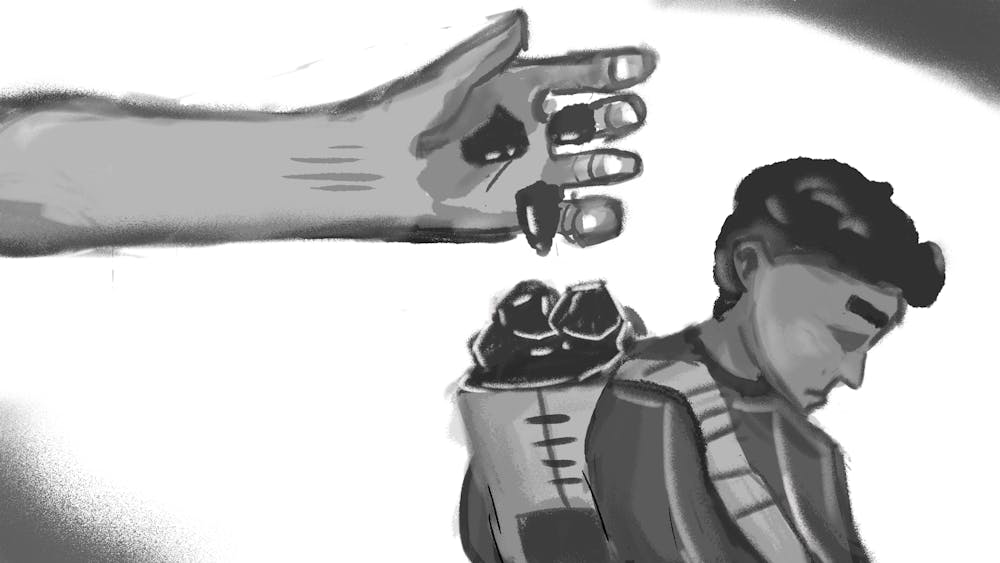This column is part of the Mental Health Collaborative, a project completed by nine North Carolina college newsrooms to cover mental health issues in their communities. To read more stories about mental health, explore the interactive project developed specifically for this collaborative.
Growing up, my family didn’t talk about mental health. The subject rarely came up, and when it did, it was shut down immediately. Feeling any sort of bad feelings was just that: bad, something you should avoid at all costs. Uncomfortable feelings were not to be felt, and they certainly were not to be talked about. I was under the impression that I was — and always would be — completely fine.
It’s difficult to place when exactly I began to struggle with mental health. Despite a “fine” upbringing, somewhere along the way grew the ever-present pit in my stomach; the racing, unintelligible thoughts clouding every social encounter; and the insistent need to know, “are you sure they don’t hate you?”
I told myself that my experience was normal. Everyone was supposed to have a bit of self-hatred, right?
But when getting out of bed became a chore and interacting with others felt like running a marathon, I knew something needed to change. It took me months to gain the courage to approach my parents. I felt the full weight of all the stigma surrounding mental health that was present both in my own family and throughout my entire culture.
When I finally revealed my struggles to my parents, they were less than enthusiastic. They weren’t necessarily hostile; they were simply lost. They had no idea how a kid with friends, good grades and a financially stable family could be anything but fine. They recalled feeling similarly when they were young, attempting to convince me that struggling was a normal part of the human experience.
Regardless, I insisted on starting therapy. The weekly appointments were always somewhat predictable. After a few minutes of “I totally understand where you’re coming from” and “I can see how that’s difficult for you,” my therapist would always circle back to the same question: “How did you feel as a child?”
A few diagnoses and multiple therapists later, it became clear to me that my issues were not standard. Even more unsettling though, was the realization that they didn’t come out of nowhere. My attachment issues and the way I spoke to myself weren't just spontaneous, unlucky mutations of the mind with no basis — they were the result of my upbringing.



